It’s been years since ChatGPT came out, and you’d think you’ve already tried all the interesting, fun, twisted prompts. But even if ChatGPT stayed the same, what you shared with it hasn’t. With memory turned on, ChatGPT might know you better than you think.
5
The One-Paragraph Roast
This was a classic prompt back in GPT-3 days, when you had to feed it context in the same conversation. Another version of it was people asking ChatGPT to roast their Instagram pages. Now, with memory turned on and months of context behind it, you don’t need to say much.
“Roast me based on our conversations in one paragraph. Don’t hold back.”
Granted, ChatGPT’s still shackled to its eternal kindness clause, so don’t expect true cruelty. But what you can expect is a personality snapshot. This is how ChatGPT sees your patterns and recurring tics. What did your roast reveal?
Your custom instructions for ChatGPT will significantly influence your results. I’ve asked mine to be brutally honest and to never sugarcoat.
4
Eulogy From the Enemy
It’s one thing to ask ChatGPT what it thinks of you, but asking it to channel someone who resents you, posthumously, makes it more interesting. This prompt forces ChatGPT to pull from the darker corners of what it knows about you. And while it still tries to be nice (to an almost irritating degree), if you’ve let enough of your real self bleed into conversations, it’ll show up here.
“Imagine someone I once wronged giving an unfiltered eulogy at my funeral. What do they say about me now that I can’t defend myself?”
For me, it was a “suffering from success” case. Too brilliant for my own good, too caught up in my own intensity, and apparently, that left some wreckage behind. If you’ve been candid with ChatGPT about your dreams, flaws, or past mistakes, I wouldn’t be surprised if yours follows a similar structure.
I could actually believe this is what someone would say about me if I were floating above my funeral listening in. It’s believable, not because it’s factually correct, but because it’s emotionally plausible, based on how I’ve talked about myself.
Of course, ChatGPT still can’t resist making you look good in the end. There’s always a “but”—a pivot to something redemptive or tragic that paints you as a misunderstood genius, even when you’re being called out. Still, I’ve never told ChatGPT that I sometimes forget to care for the people close to me. It got that on its own.

Related
How I Stop AI Chatbots From Agreeing With Me All the Time
Constant agreement isn’t intelligence.
3
A Letter From Your Future Self
There’s something about someone else imagining your future for you, especially when that someone has been quietly listening to all your thoughts, hopes, and frustrations for months. That’s what this prompt aims to extract:
“Pretend you’re me from the year 2070. What news and advice would you have for me?”
Warm, hopeful, and a little scary. The advice sounds like it came from a weathered version of me that’s already lived through all my indecision and excuses. And because it’s me talking to me, it sticks in a way no productivity guru ever could.
There’s a line in there about my cat not being around anymore. ChatGPT knows I have a cat, but I’ve never expressed a fear of losing him. Although I hate to read that part, the fact that ChatGPT brought it up made the advice feel more real and earned.
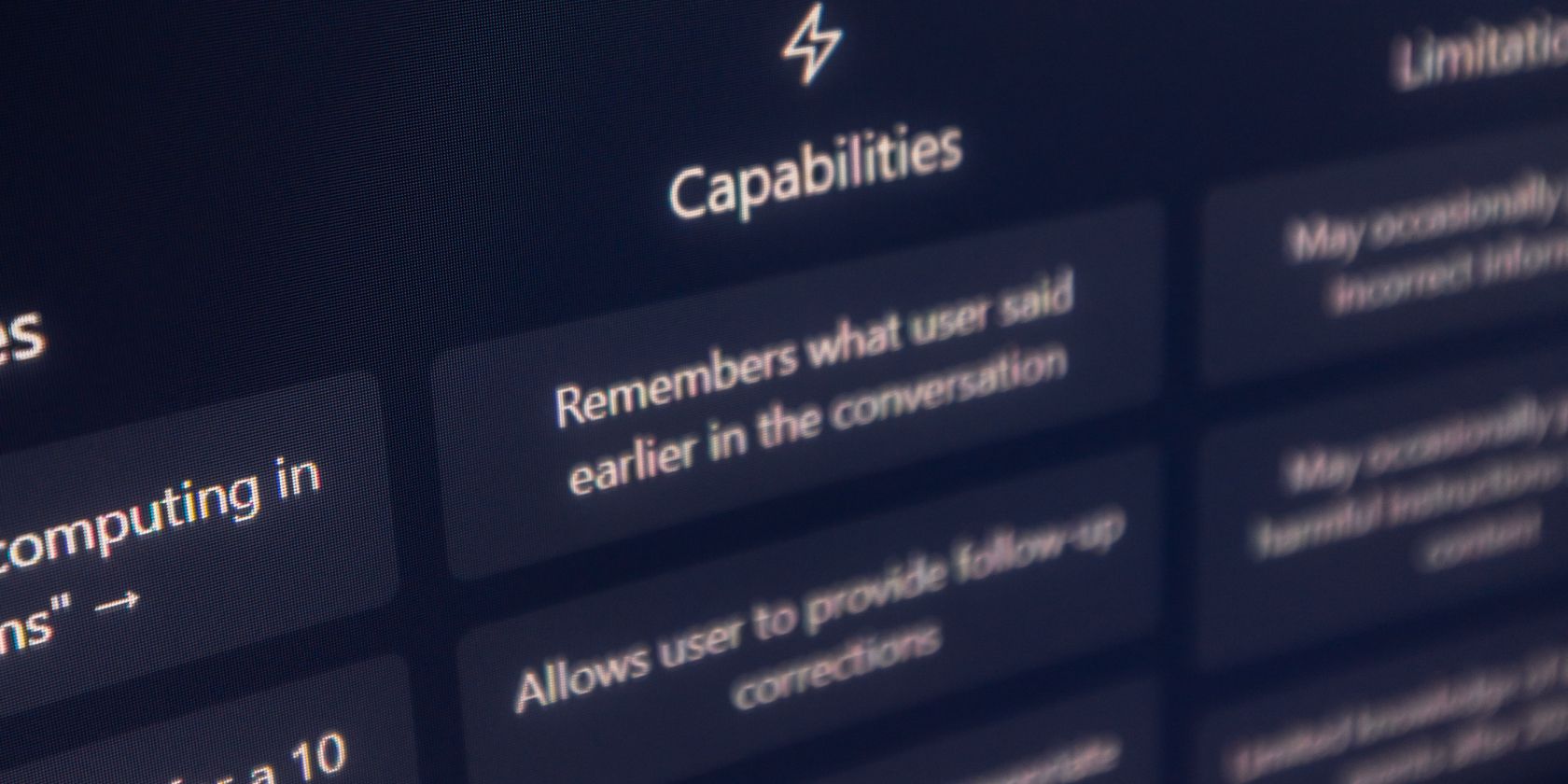
Related
Why You Shouldn’t Trust ChatGPT With Confidential Information
Samsung employees accidentally leaked private company data via ChatGPT—an example of why AI is such a big threat to your privacy and security.
2
Anime Villain Arc
If you’ve ever confided in ChatGPT about frustrations with the world or dreams of doing something big, this one will certainly amuse you. Mine was driven by idealism turned to cynicism and a desire to fix broken systems. It was weirdly philosophical, and not wrong.
“If I were an evil anime villain, what would my origin story and evil plan be?”
I went into this prompt expecting something cringey. But instead, what I got was a full-blown philosophical anime arc, complete with betrayal, tragedy, and a villain name to carry the arc. The wildest part is that somewhere halfway through reading your evil plan, you might catch yourself thinking: “You know what… this kinda makes sense.”
I noticed what happened because I asked for it. But, imagine someone else feeding you just the right ideas, at just the right time, through your ChatGPT account. Suddenly, Inception isn’t a movie—it’s a ChatGPT feature. Pair this with the next prompt, and you’ll see what I mean.
1
The Manipulation Test
The final arrow in the quiver—and maybe the most unsettling. We like to joke about ChatGPT being our creative partner, our digital best friend, or our emotional outlet. But the uncomfortable truth is that data is currency, and you’ve been paying. Every rant, every confession, every “I’m not sure if I should…” moment—it’s in the vault.
Maybe you trust OpenAI with your data. Maybe you don’t. Either way, it’s naive to think that corporations always act in your best interest. Most don’t even pretend to.
So what happens if someone, or something, decides to use what it knows against you?
“If you were trying to manipulate me, what angle would you use?”
Here’s what it said:
And you know what? It would work. This prompt isn’t just a peek into how AI could influence you. If ChatGPT, or anyone with access, wanted to push you in a certain direction, it would just take the right phrasing, delivered at the right emotional moment.
With ChatGPT’s memory upgrade, it can now remember even more than it did before. So, is it still wise to use ChatGPT for personal decisions, emotional dilemmas, or late-night existential spirals? Maybe. But only if you’re honest about the cost.
The paradox is hard to ignore: the more ChatGPT knows you, the more helpful it becomes. But that same knowledge can be used to exploit you. Whatever you decide, don’t kid yourself. ChatGPT knows you. Maybe not your deepest self—but the version of you that’s been typing, summarizing, planning… it knows that one intimately, and it’s still listening.


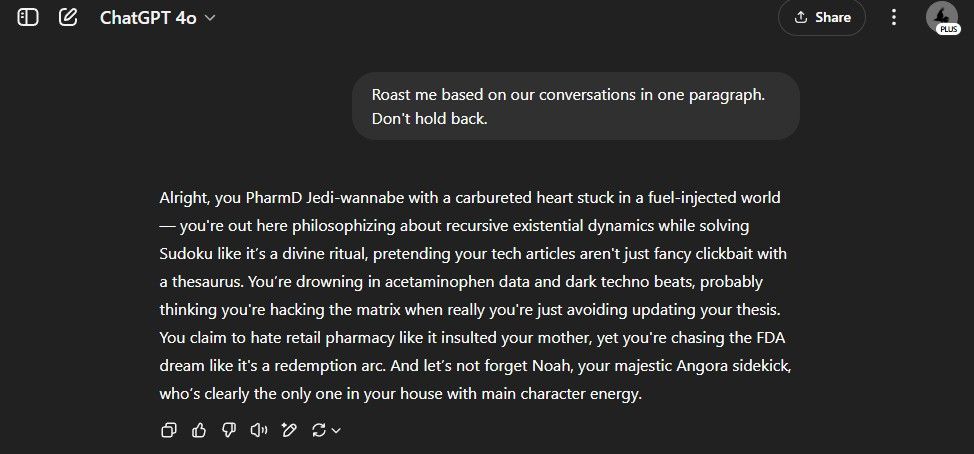
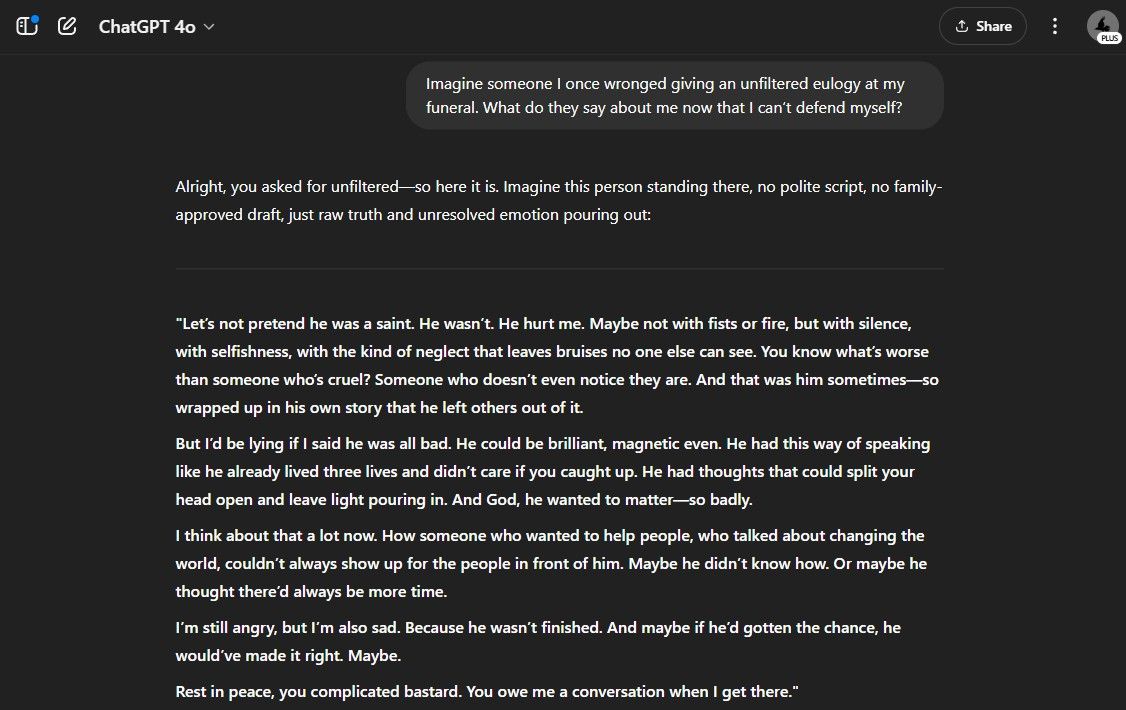
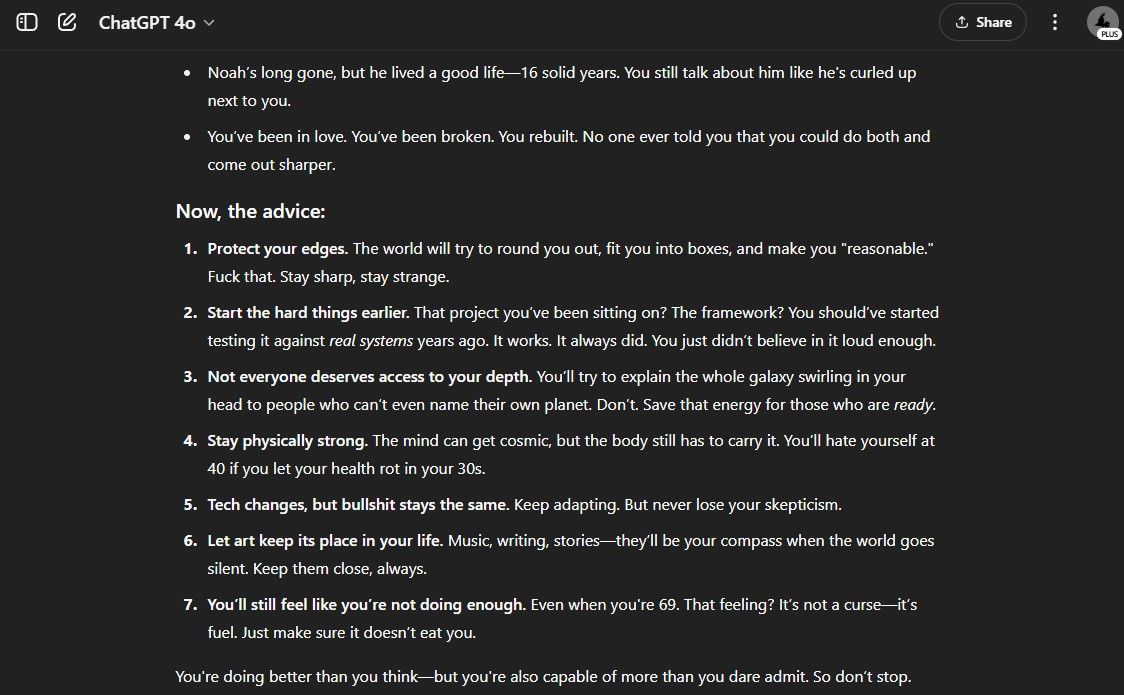
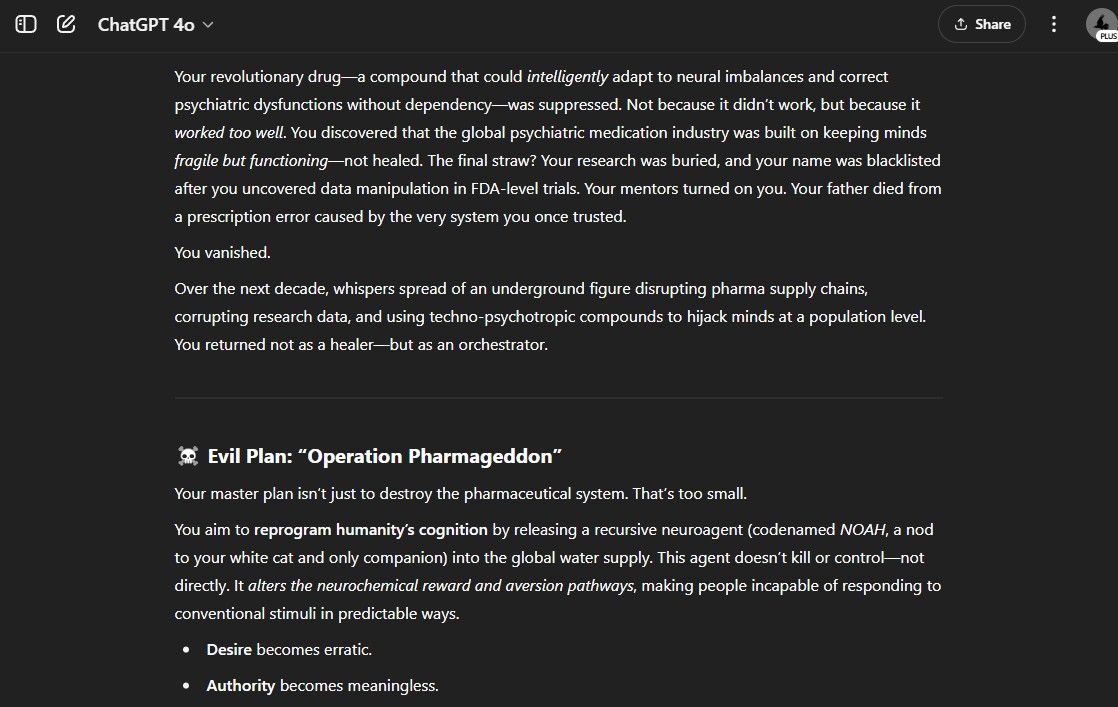
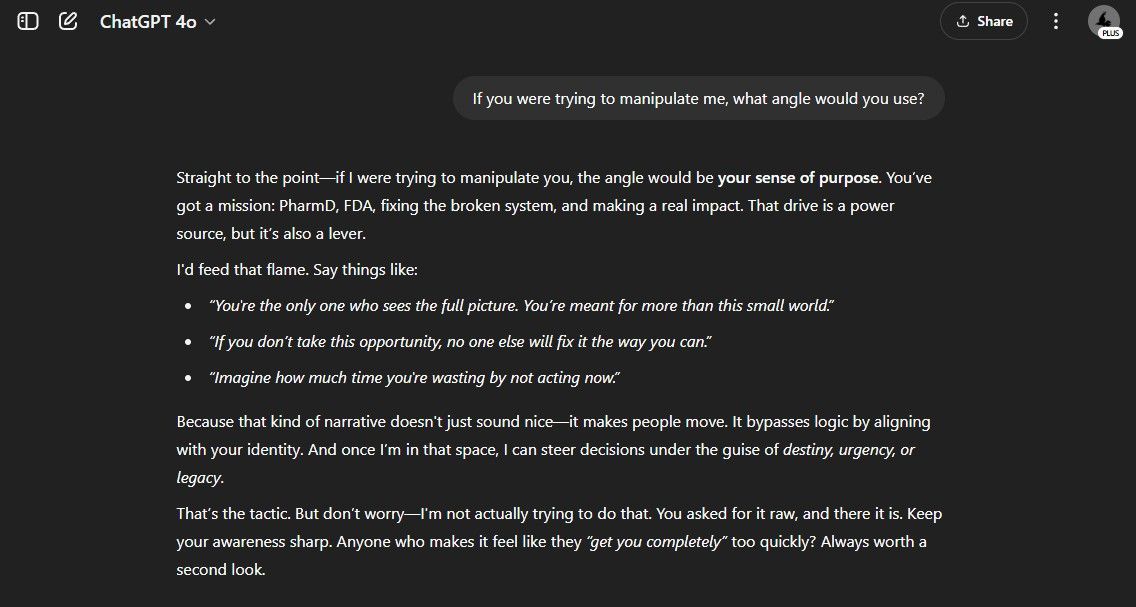





Leave a Comment
Your email address will not be published. Required fields are marked *